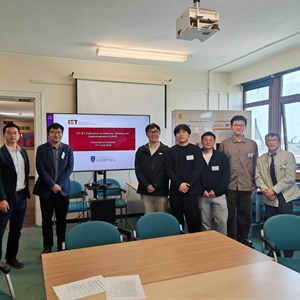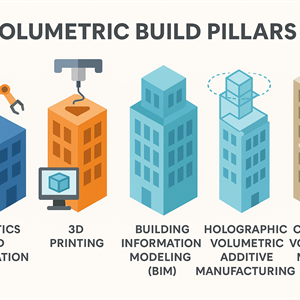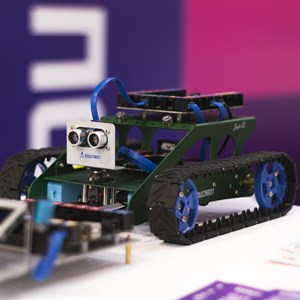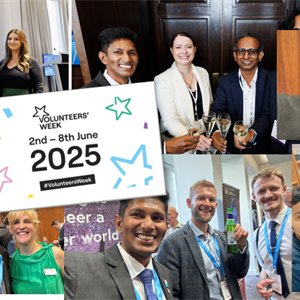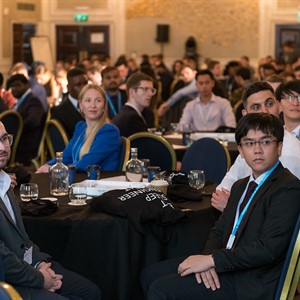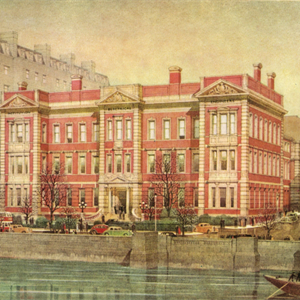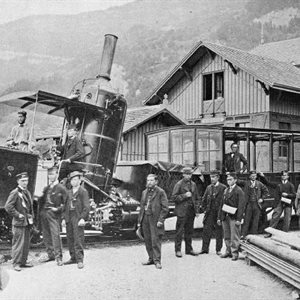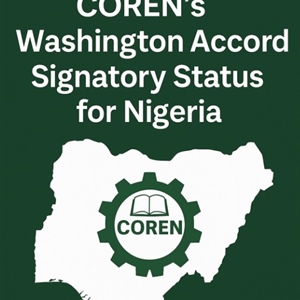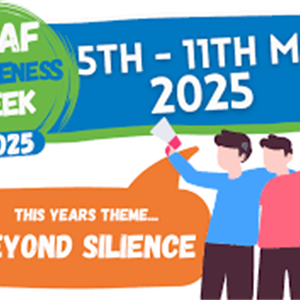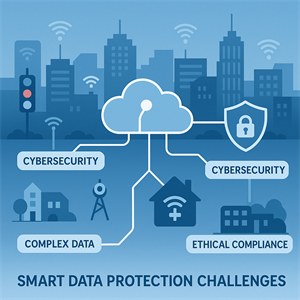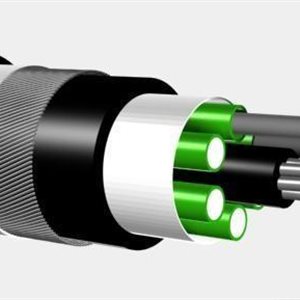The Satellite TN at the IET Space and Communications Conference Week
This annual conference started life as IET MilSatcom. I remember the first time I attended; it was in a room that could’ve hosted a medium sized board meeting and there were probably a few dozen people in the room at most. It got bigger and bigger and over time built to three-figure attendances. In the early 2020s, the potential for a sister conference for commercial Satcom was explored, but it never really took off for various reasons. In 2023 the IET MilSatcom conference expanded to include a commercial stream; this was a success and the feedback was good. It expanded again in 2024 with a concurrent 6G stream added to run alongside the Satcom piece. This year a further expansion included Quantum technology. Over the years, the conferences have been held in many venues, with my first one…

